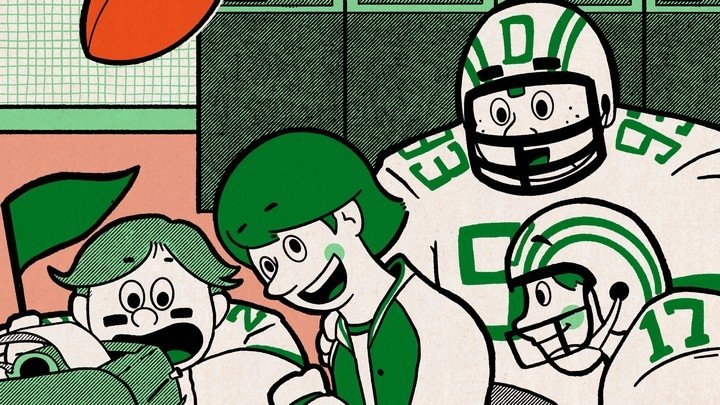Revisit the King of Kong in Micro episode 90
Wherein we get a reminder that there's no such thing as a truly objective documentary.
For a show about video games with a 10-year minimum age requirement, Retronauts has a surprising tendency to feel ripped from the headlines. Case in point, this week's hour-long look back at The King of Kong; despite the topic du jour concerning an 11-year-old film showcasing a 37-year-old game, this show is wildly timely.
Granted, this topic was prompted by the April controversy which saw former Donkey Kong record-holder Billy Mitchell accused of cheating and having all his records revoked; we decided two months ago to revisit the movie and give it a fresh appraisal in light of this recent turn of events. What we didn't know was that the day before we finally sat down for our long-scheduled recording, Mitchell would present a strange public defense of his records. Or that a couple of days after we recorded, Nintendo would publish the long-thought-lost arcade version (versions, actually!) of the original Donkey Kong on Switch. (Which in turn made the Flip Grip preorder campaign that launched a week later extra relevant, but never you mind that.)
Anyway, it really was interesting to watch this movie with all the hindsight the past decade has afforded. Whatever you may think of Mitchell — gaming savant or sleazy huckster — it's hard to deny that King of Kong goes out of its way to paint him as a bad person. This week, we try to decrypt the truth hidden in the filmmakers' editing choices and contemplate how an "objective" format like a documentary could end up being so decidedly subjective.

Anyway, video games continue as ever to be extremely serious business.
Retronauts Micro 90
The King of Kong revisited
MP3, 26.2 MB | 55:38
Direct download | Retronauts on iTunes | Retronauts at PodcastOne
Episode description: With the recent news that former Donkey Kong champion Billy Mitchell has had his score records revoked, Jeremy, Chris, and Benj look back at The King of Kong, the documentary that chronicled his attempt to defend his records and painted him as a villain.


